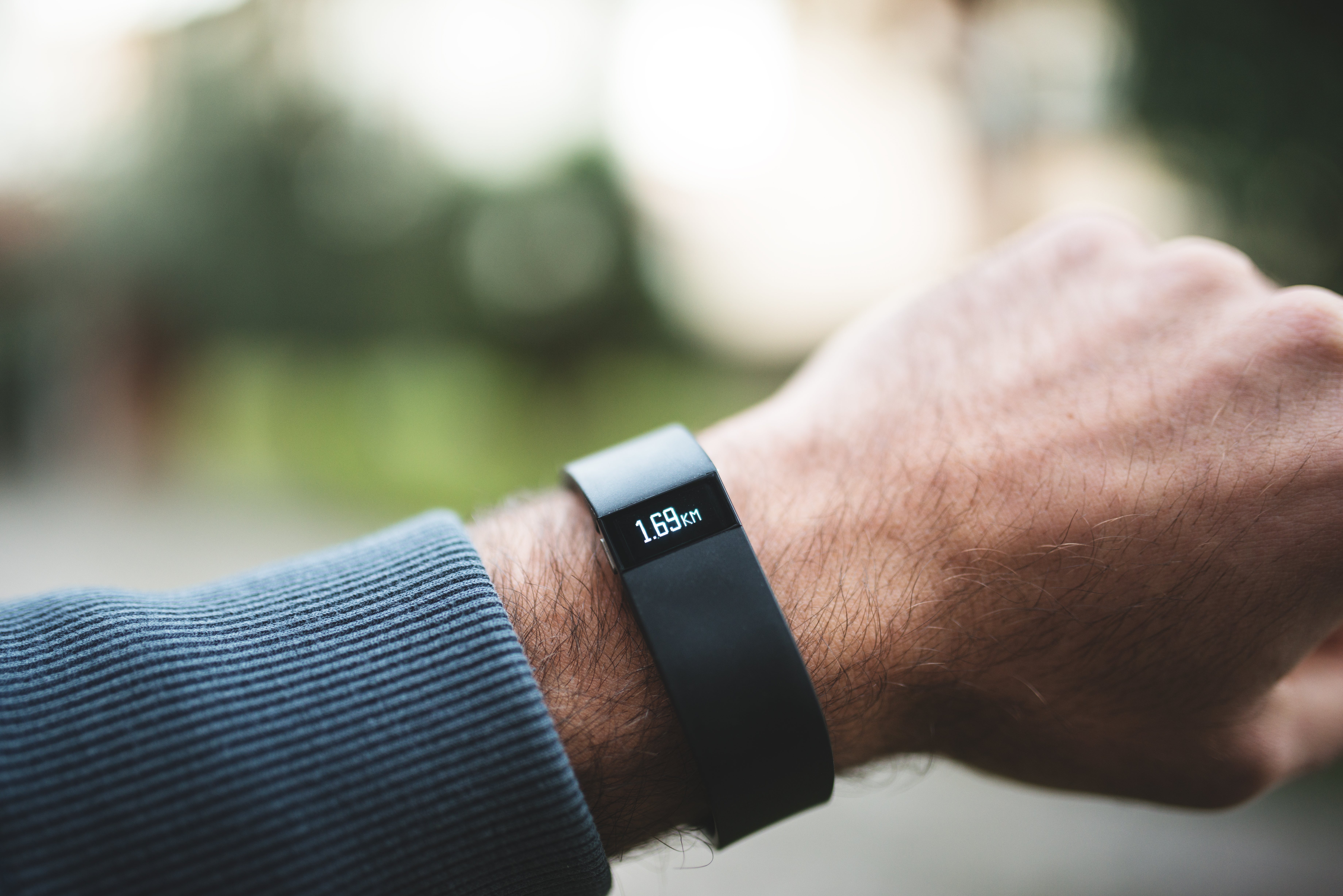The Independent's journalism is supported by our readers. When you purchase through links on our site, we may earn commission.
Could your Fitbit or Apple Watch detect coronavirus symptoms before they appear?
Stanford University is looking at how wearable tech might be able to slow the spread of the virus

Fitbits, Apple Watches, and other wearable devices, may be able to give their wearers an early warning that they have coronavirus before symptoms appear, new research suggests.
Changes in heart rate, respiratory rate, and other biometrics measured constantly by the wearable tech devices - such as Fitbits and Apple watches - may flag the early stages of virus infection even before symptoms like a dry cough and loss of taste arise.
This means an otherwise healthy-looking person could self-isolate and seek a coronavirus diagnostic test, thus slowing the spread of the virus, says researchers at Stanford University.
The team behind the Covid-19 wearables study, say: "With limited test kits and slow results turnaround, we are trying to find out if information from wearable devices can help detect Covid-19 before symptoms emerge."
In what was the world’s largest study on infectious disease using data from wearable health monitoring technology, the team enrolled 5,000 people and calculated each participants resting heart rate using data from their smartwatches.
With the data, they created an algorithm which detected when the wearers’ heart rates were either too low or too high - a sign that the body’s immune system is gearing up to fight an infection - and successfully managed to flag heart rate abnormalities in 56 per cent of the coronavirus patients four days before their symptoms started.
The project is ongoing, but early findings found that heart rates started to change seven days before initial symptoms occurred, which may mean coronavirus affects the body’s vitals as soon as a person is infected.
The research is yet to be peer-reviewed, but if successful, Dr. Bogu, says: “Wearable sensor date could be used as a marker for early prediction of Covid-19, which is contagious multiple days before symptom onset and diagnosis, thus enhancing its transmission through the population."
Although he does caveat his findings, saying: “While [Wearable tech] can’t necessarily be accurate in every sense - each individual has a different resting heartrate - it could be an extra tool for many in the fight against the virus.”
The researchers - who have since launched phase two of the study - said: “Our research has the potential to alert individuals of illness prior to symptom onset and may greatly reduce the viral spread."
Subscribe to Independent Premium to bookmark this article
Want to bookmark your favourite articles and stories to read or reference later? Start your Independent Premium subscription today.

Join our commenting forum
Join thought-provoking conversations, follow other Independent readers and see their replies